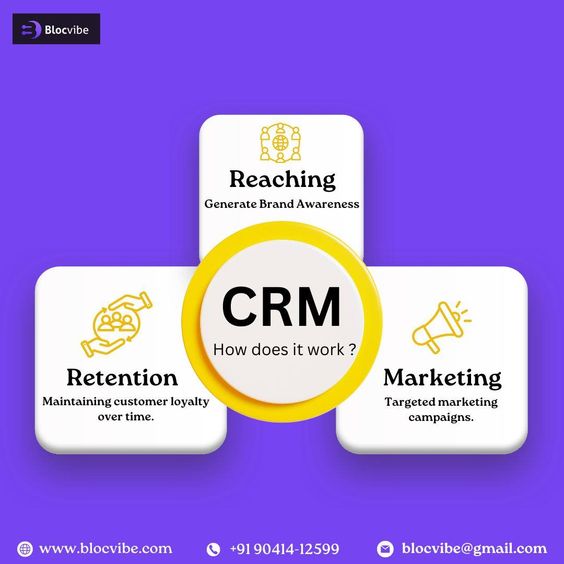
The Importance of CRM for Small Businesses
Customer Relationship Management (CRM) systems have become indispensable tools for businesses of all sizes, including small enterprises. In today’s competitive market, building and maintaining strong relationships with customers is crucial for long-term success. This article explores the importance of CRM for small businesses and highlights the benefits it offers in enhancing customer interactions, streamlining operations, and driving growth.
1. Centralized Customer Data Management
Efficient Data Organization:
- CRM systems allow small businesses to centralize customer data in one accessible platform. This includes contact information, purchase history, communication logs, and preferences.
- By consolidating data from various sources, such as email, phone calls, social media interactions, and website visits, CRM systems provide a comprehensive view of each customer.
2. Enhanced Customer Interactions
Personalized Communication:
- With detailed insights into customer preferences and behavior, small businesses can deliver personalized communication and tailored marketing messages.
- CRM systems enable targeted email campaigns, customized offers, and proactive follow-ups, fostering stronger connections and increasing customer engagement.
Improved Customer Service:
- CRM systems streamline customer service processes by enabling efficient ticket management, automated responses, and timely resolution of issues.
- Small businesses can track customer inquiries, monitor service history, and provide proactive support, leading to higher satisfaction levels and improved retention rates.
3. Increased Sales Effectiveness
Lead Management:
- CRM systems help small businesses track leads through the sales pipeline, from initial contact to conversion. This includes lead scoring, follow-up reminders, and progress tracking.
- By prioritizing leads and identifying high-value opportunities, CRM systems empower sales teams to focus their efforts on the most promising prospects, leading to higher conversion rates.
Sales Forecasting and Reporting:
- CRM systems provide valuable insights into sales performance, allowing small businesses to analyze trends, forecast future revenue, and identify growth opportunities.
- By tracking key performance indicators (KPIs) such as conversion rates, average deal size, and sales cycle length, businesses can make data-driven decisions to optimize sales strategies.
4. Efficient Business Operations
Process Automation:
- CRM systems automate repetitive tasks such as data entry, lead assignment, and follow-up reminders, freeing up valuable time for employees to focus on strategic activities.
- Automation reduces manual errors, improves efficiency, and ensures consistency in customer interactions, leading to higher productivity and lower operational costs.
Collaboration and Knowledge Sharing:
- CRM systems facilitate collaboration among team members by providing centralized access to customer information, communication history, and task assignments.
- Small businesses can promote knowledge sharing, cross-departmental collaboration, and seamless coordination, fostering a culture of teamwork and innovation.
5. Scalability and Growth Potential
Scalable Solutions:
- CRM systems offer scalable solutions that can grow with the business, accommodating increasing customer data volumes, expanding user bases, and evolving business needs.
- Small businesses can easily customize CRM systems to adapt to changing requirements, integrate new functionalities, and support future growth initiatives.
Strategic Insights and Decision-Making:
- By leveraging data analytics and reporting capabilities, CRM systems provide small businesses with strategic insights into customer behavior, market trends, and competitive landscape.
- Armed with actionable intelligence, business owners can make informed decisions, identify growth opportunities, and develop targeted strategies to drive business growth.
Conclusion
In today’s customer-centric business landscape, small businesses cannot afford to overlook the importance of CRM systems. By centralizing customer data, enhancing interactions, increasing sales effectiveness, streamlining operations, and enabling scalable growth, CRM systems empower small businesses to compete effectively, build lasting relationships, and drive long-term success. Investing in a robust CRM solution is not just a necessity but a strategic imperative for small businesses looking to thrive in a competitive marketplace.